South Korea Sustainable Travel Tips
Travel by Car
- The city of Seoul has banned the most polluting diesel cars in the city center.
- To rent a car, you must be at least 21 years old and have held your local license for 1 year. If you’re under 25, rental car companies may add a young driver surcharge.
- The government has announced in 2020 that by 2030 a third of all new cars being sold in South Korea should either be electric or running on hydrogen, so electric vehicle rentals are on the rise.
- The government also intends to encourage bus and truck operators to switch to cleaner vehicles. It has said it will increase the number of charging points from around 5,000 to 15,000 locations by 2030.
- The accumulated number of eco-friendly cars running in the country will reach 7.85 million by 2030, making electric or hybrid cars available for rental, including from well-known local companies such as SK Car Rental and Lotte.
- Electric car rentals are available at both Incheon International Airport (Seoul) and Jeju International Airport (Jeju Island).
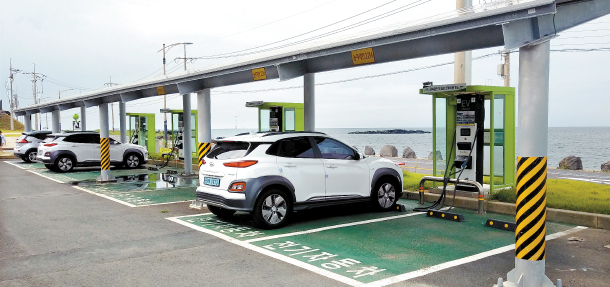
Travel by Rail
- Korea Train Express (KTX) operated by Korail, offers reasonably good connections across South Korea. A high-speed rail line that boasts of being able to get you anywhere in the country in less than 3 hours.
- KTX offers Korean Rail Passes that get unlimited rides via high-speed rail transit and travel to over 600 stations and 80 different routes. Usage options are available.
- Subways (Metro) are currently available in five major cities consisting of the Seoul Metropolitan Area, which includes Seoul, Gyeonggi-do, and Incheon with the other 4 cities being Busan, Daegu, Gwangju and Daejeon. There are also many signs in English.
- The Korean Train Express (KTX) travels at 215mph and there is the possibility of travelling standing up in order to lower the ticket price a bit. Tickets can also be purchased here.
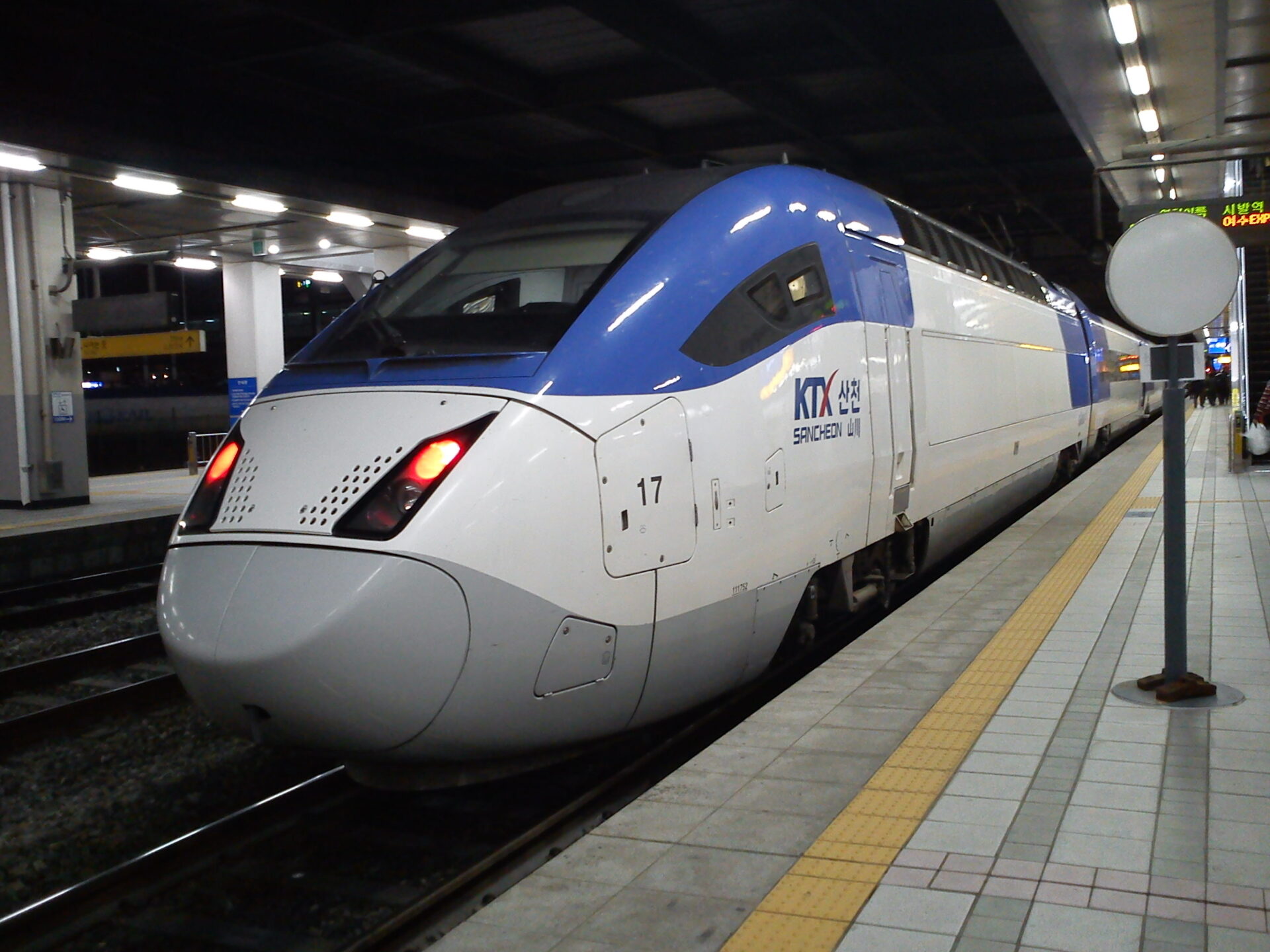
Travel by Bus/Coach
- When visiting places with no underground system, buses are a great way to travel both within the city and to some outside tourist attractions (such as Buddhist temple or a parks, for example).
- The bus fare costs about 1500 WON (approximately US$ 1) no matter what the destination is (within the city) and you can purchase your ticket with cash or a transportation card when boarding the bus. Other fares between cities may cost $20USD or more.
- Eco-friendly electric buses effective in reducing air pollution can also be found in Seoul. These electric buses look similar to that of regular buses, with a green or blue exterior, but have a white outline on the top of the bus with a label that reads “Eco-friendly Electric Bus” in Korean.
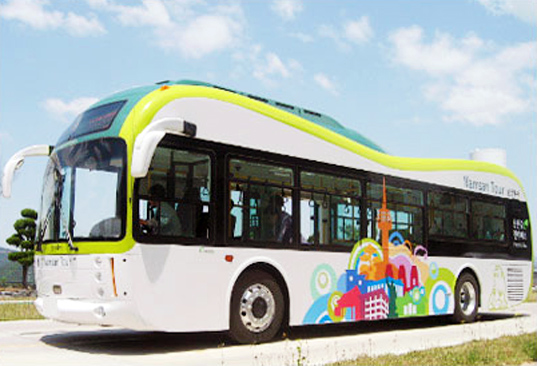
Travel by Ferry
- It is possible to travel from South Korea to Russia, Japan and other neighboring countries by ferry. There are daily boats leaving the South Korean ports of Incheon, Busan, Donghae and Jeju Island.
- Travel within South Korea by ferry is common, particularly to and from islands, but travel may be slow. Ferry travel is more about the scenic traveler experience.
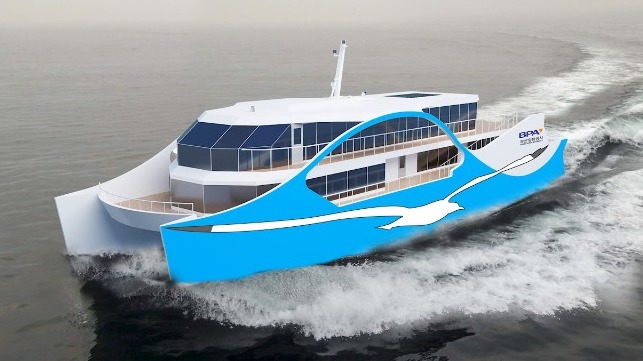
Note:
It is extremely INADVISABLE to travel to the Democratic People’s Republic of Korea (“North Korea”) due to its authoritarian government, poor human rights record and hostility towards many Western nations, particularly the United States.
Eco-Tourism
See our General Travel Tips for more Ecotourism resources.
- Korea not only has a great public transportation system but also a well-developed payment service that is widely accepted on buses, subways and taxis operating throughout the country. These transportation cards can be purchased from subway stations and convenience stores. The best part of this service is that it is available to all citizens and international visitors, allowing everyone who uses a transportation card to save 100 won on each trip, based on adult fare, compared to paying with cash, as well as receiving a discount when transferring.
- The Ministry of Culture, Sports and Tourism and the Korea Tourism Organization jointly launched the “Inconvenient Travel Tips“ campaign in 2021, to promote eco-friendly travel methods via social media. The campaign suggests amending one’s travel habits such thinking about ways to reduce disposable products, minimizing souvenir packaging, cutting down on one’s carbon footprint by sticking to trails and footpaths, and using eco-friendly products throughout the trip.
National Parks
- National parks of Korea are considered as ‘the areas that represent the natural ecosystem and cultural scenes of the Republic of Korea’. They’re designated and managed by the government of the Republic of Korea in order to protect the areas and ensure sustainable use.
- Jirisan Mountain was the first to be designated as a national park in 1967. Since then, a total of 22 areas have been designated as a national park. 6.7% of the Republic of Korea is protected as national parks.
- The Korea National Park Service was established in 1987 to enable professional management of national parks. Its vision is to become a ‘world class professional park management organization that protects nature and ensures customer satisfaction’. It’s in charge of managing 21 national parks, excluding Hallasan National Park.
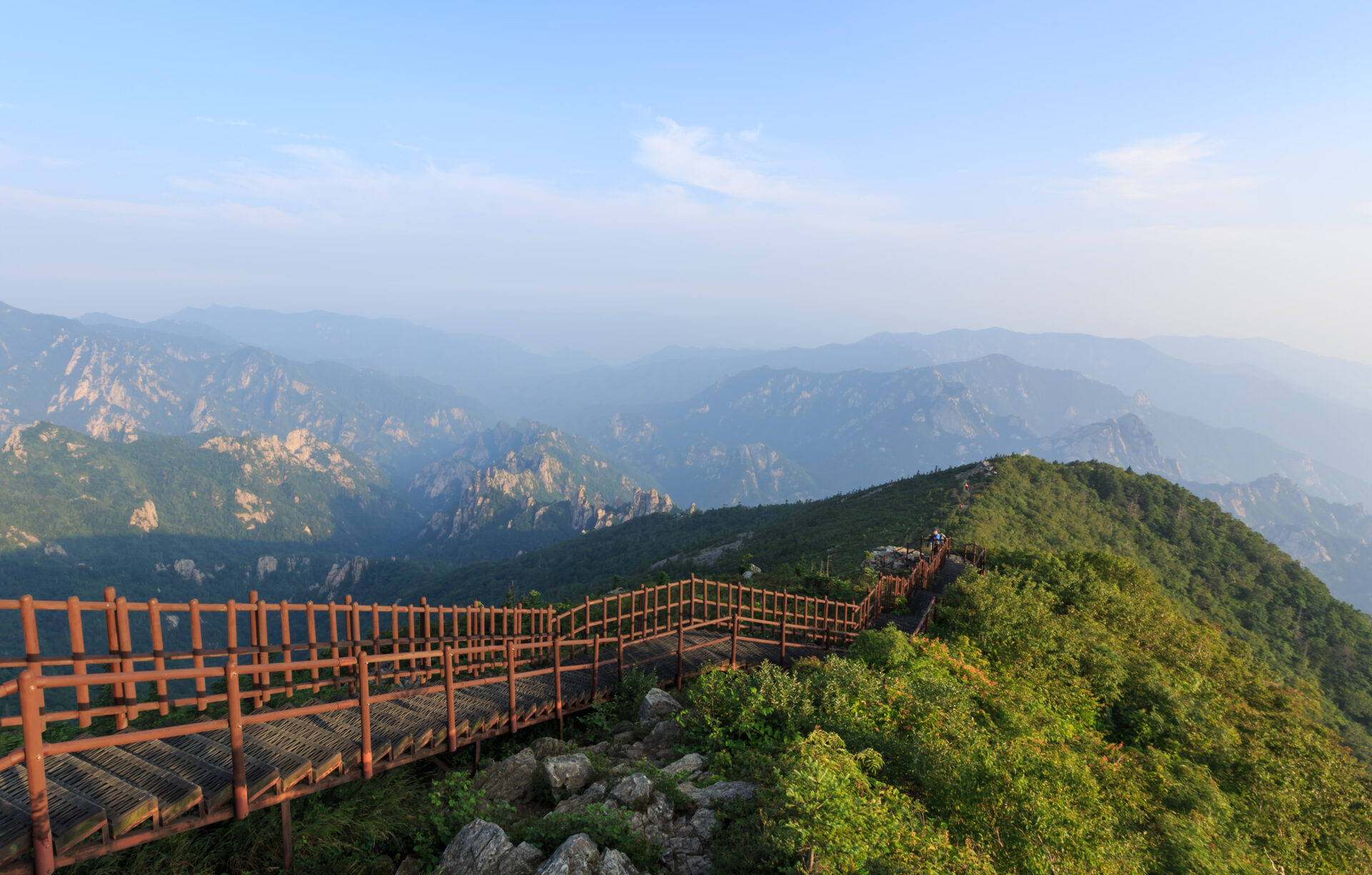
Biking and Hiking
- Cycling is a popular way to traverse the country and has the infrastructure to support it (e.g. pathways, bike trails, etc.).
- In Seoul and other cities, the government has launched a bicycle program, building more trails and providing a standardized bike-rental program.
- Hiking is a popular activity in South Korea with many trails, mountain paths and national parks to explore.
- Keep in mind that South Korea does experience a robust winter from December-February and these may not be the best months to hike or bike.
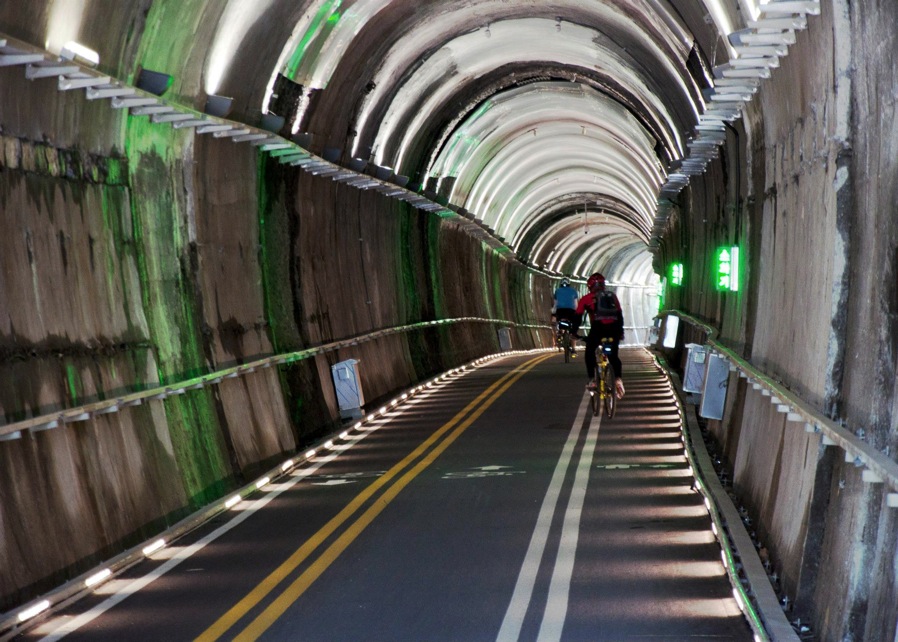
Eco-Labels
For information on internationally recognized ecolabels, see our General Travel Tips.
The list below is not necessarily a comprehensive list.
South Korea Labels
Korea Eco-Label is a certification program run by the government (Ministry of Environment). The program issues eco-label certificates to products that are more environmental compared to other products of the same usage.
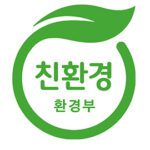
Green Building Certification (CBC) exists for the purpose of achieving sustainable development, operate a system that certifies environmental performance of a building specifically designed so that human and nature can live in harmony.

Carbon Footprint International has a labeling certificate that is issued when all GHG emissions is calculated in the entire life cycle of a product including manufacturing, transport, distribution, use and disposal.
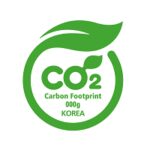
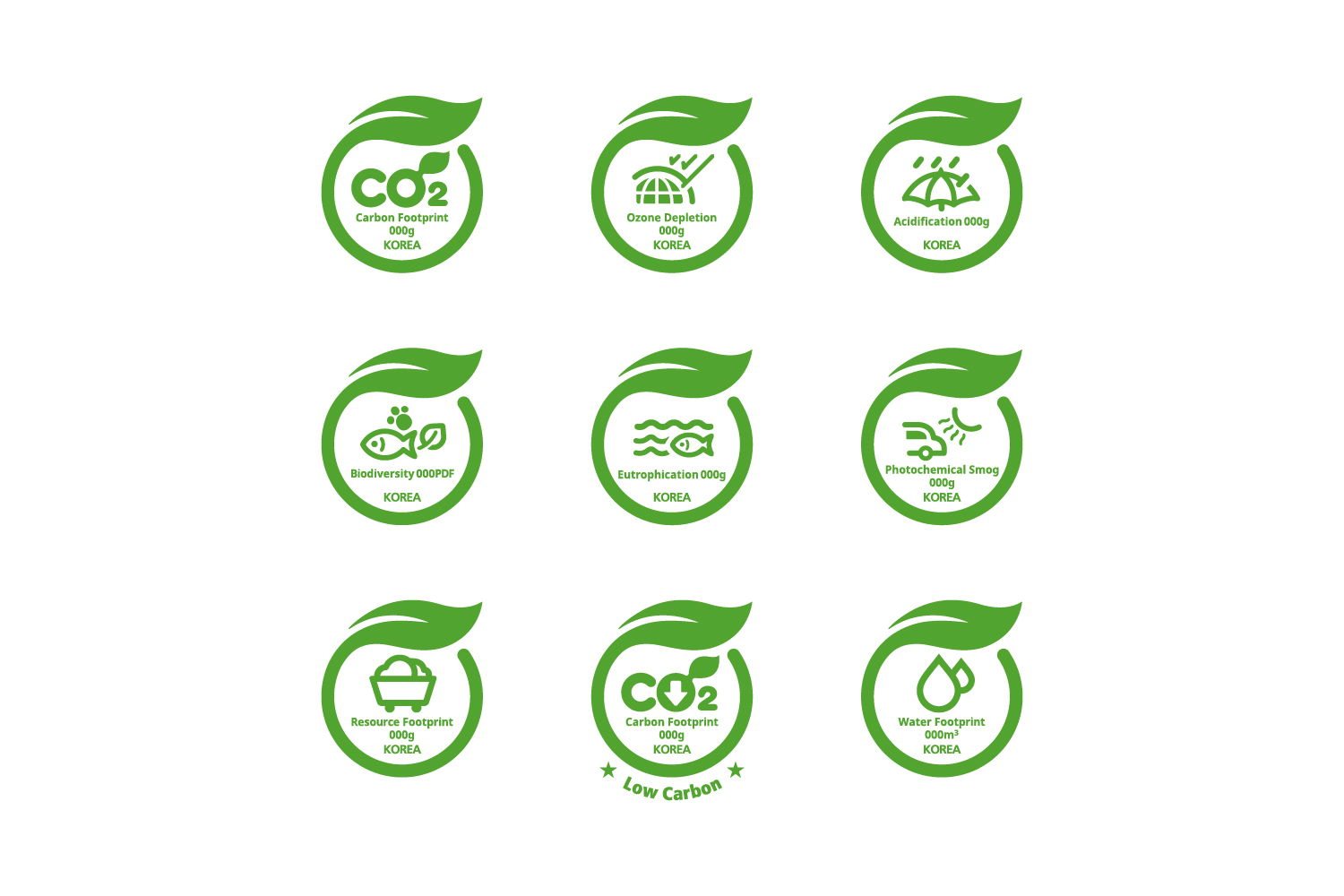
This information was collected from a variety of sources, specifically chosen by Bound International staff, and may also reflect direct travel knowledge by Bound International staff. Do you have something to add or recommend? E-mail us at info@bound-intl.com.
